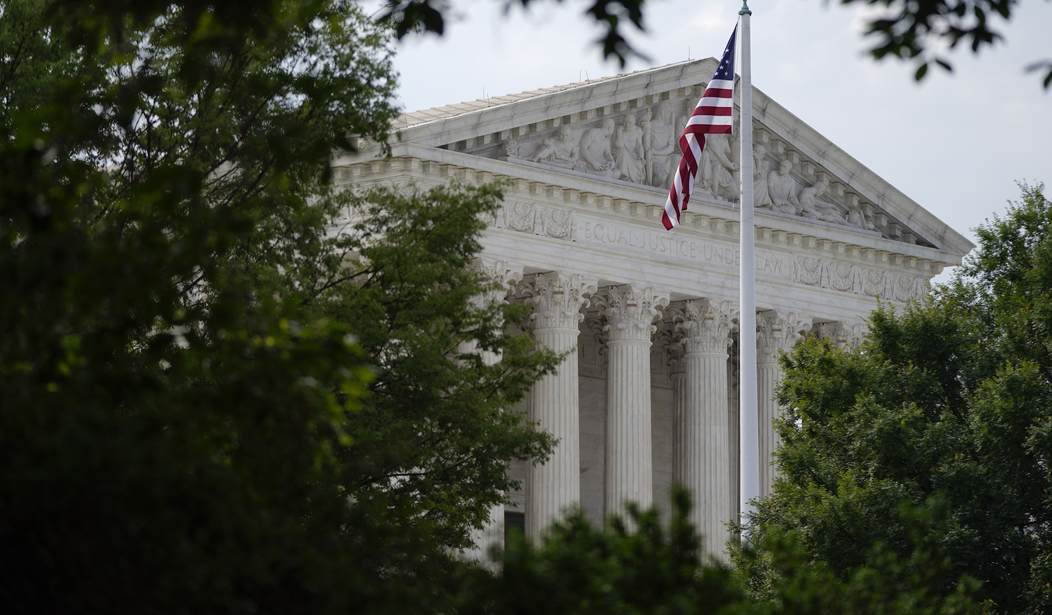Totalitarians loathe debate. They sometimes discuss a particular issue, but too often, the conversation devolves into fits of emotion, false premises, and outright lies. Most of us know people like this, and there are several reasons why calm, forensic debate with them is nearly impossible.
The rookies of the American Left usually adhere pretty well to the talking points of whatever the issue is. Unfortunately for them, the messaging is a mile wide and an inch thick. They’ve been told what to believe and what to say, but they’re ill-instructed on the ‘why’ of their beliefs. So, flustered by their intellectual impotence, they often resort to name-calling and appeals to “educate yourself!”
More experienced Leftists will conflate an issue with things that have nothing to do with the topic. Another tactic involves inventing a false premise to create a distraction and move the conversation away from the matter at hand.
Militant Leftists take a hard-line approach. They’re adept at tearing down whatever institutions underpin the subject matter. Sometimes, this is done rhetorically, but militants are not shy about engaging in violence, up to and including mass murder.
At the core of this hatred of debate, and the questions that shape it, is the Left’s innate knowledge, however slight, that their positions are entirely indefensible. There is no truth and little logic to support any policy they want to inflict on Americans. When their inability to defend their ideas occurs to them, things get ugly and civil debate ends.
Recommended
This totalitarian behavior is not new. But, unfortunately, much of what passes for discourse today reprises a debate style that emerged at the dawn of the most consequential event since the Edict of Milan; the Protestant Reformation.
The debate began on October 31, 1517, when a Roman Catholic monk named Martin Luther presented his 95 Theses to the Archbishop of Mainz. They were subsequently nailed to the University of Wittenberg church door, not in the act of defiance but because the church door served as a bulletin board for students and Luther’s fellow professors.
Luther made 95 one-sentence assertions detailing his views on the state of Christianity and wrote in his preface that he “intends to defend the following statements and to dispute on them in that place.” It was an invitation to debate his fellow academics about matters Luther saw as crucial to the faith.
But inviting a forensic discussion of these 95 issues enraged the ruling theocracy for the same reason American Leftists despise debate today. The medieval power structure knew their positions were indefensible and could not withstand scrutiny, so argument needed to be crushed.
The biggest threat to the theocracy involved money, and the payment of indulgences to the church in Rome. Initially, the corporate church promoted German friar Johann Tetzel to debate Luther. Tetzel was chosen for this task because he sold a lot of indulgences in Germany.
Tetzell was an outstanding salesman but was woefully out of his depth in debate. His talking points were a mile wide and an inch thick, and he utterly failed, ending his career with a demotion. But rather than continue the debate, they simply changed the subject and ramped up the slander. Finally, about a year after posting his 95 Theses, Luther was ordered to appear in Augsburg, Germany, to defend himself against accusations of heresy.
Still unable to refute Luther, the ruling class sought to cancel him via ex-communication in 1521. He was then allowed to recant before the Diet of Worms, the theocracy’s legislative assembly. But Luther’s position was founded on truth, and the other side was founded on lies, so he held his ground.
After failing to cancel or intimidate Luther, the government decided he needed killing. So Emperor Charles V declared Luther an outlaw, meaning he could be killed on sight. Thankfully, Luther had a political ally in Frederick the Wise of Saxony, who orchestrated the fake kidnapping of Luther and provided a haven at his castle in Wartburg, Germany.
Civic debate in America today parallels the theocratic response to Luther, whose sin was seeking discussion and asking questions. Like medieval theocrats, the modern Left is keenly aware they cannot prevail in the civil debate. Hence, they slander, intimidate and seek to wreck whatever and whomever they must to prevent debate.
But Luther had none of it and confidently told the Diet of Worms, "Acting against one’s conscience is neither safe nor sound. Here I stand; I can do no other" in seeking debate, Luther propelled the Reformation forward and articulated the freedoms of religion, speech, press, peaceable assembly and redress of grievances enshrined in the First Amendment of our Constitution.
Whether the American Left will succeed in using these regressive tactics today depends on us. So it’s time to say, ‘Here I stand.’

























Join the conversation as a VIP Member